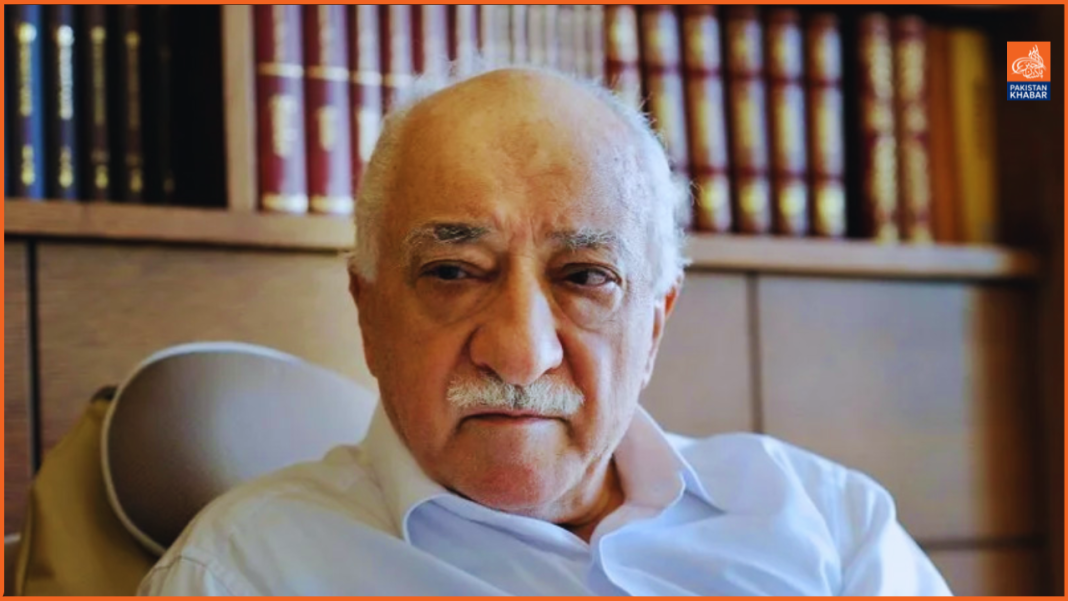Fethullah Gulen, the Turkish cleric widely known for his controversial role in Turkey’s political landscape, has died at the age of 83, as confirmed by Turkey’s Foreign Minister Hakan Fidan. Gulen, who had been living in self-imposed exile in the United States since 1999, passed away after being admitted to a Pennsylvania hospital. His death marks a significant moment in Turkish history, given the influence he wielded as the spiritual leader of the Gulen movement, which boasted a vast network of followers and educational institutions both within Turkey and internationally.
Gulen’s rise to prominence stemmed from his emphasis on education as a means to guide Turkey’s youth, whom he believed were losing their way. His movement, known as Hizmet or “service,” started with a focus on establishing schools and has since evolved into a multifaceted community promoting a version of Islam characterized by tolerance, altruism, and dedication to hard work.
However, Gulen’s relationship with Turkish President Recep Tayyip Erdogan soured dramatically after 2013, when Erdogan accused the movement of attempting to undermine his government. The situation escalated following the failed coup attempt in July 2016, which the government attributed to Gulen and his followers. Although Gulen vehemently denied these allegations, the Turkish government officially labeled Hizmet a terrorist organization shortly after the coup attempt.
In the wake of the coup, thousands were arrested, including a significant portion of the military’s leadership, amid widespread purges targeting alleged Gulenists. Despite Turkey’s requests for Gulen’s extradition, the U.S. insisted on concrete evidence of his involvement in the coup before considering such a move.
Throughout his life, Gulen maintained a low profile in the U.S., where he continued to advocate for his vision of a more tolerant and educated society. His legacy remains controversial, reflecting the deep divisions within Turkish society regarding his movement and its impact on the country’s political and social fabric.




